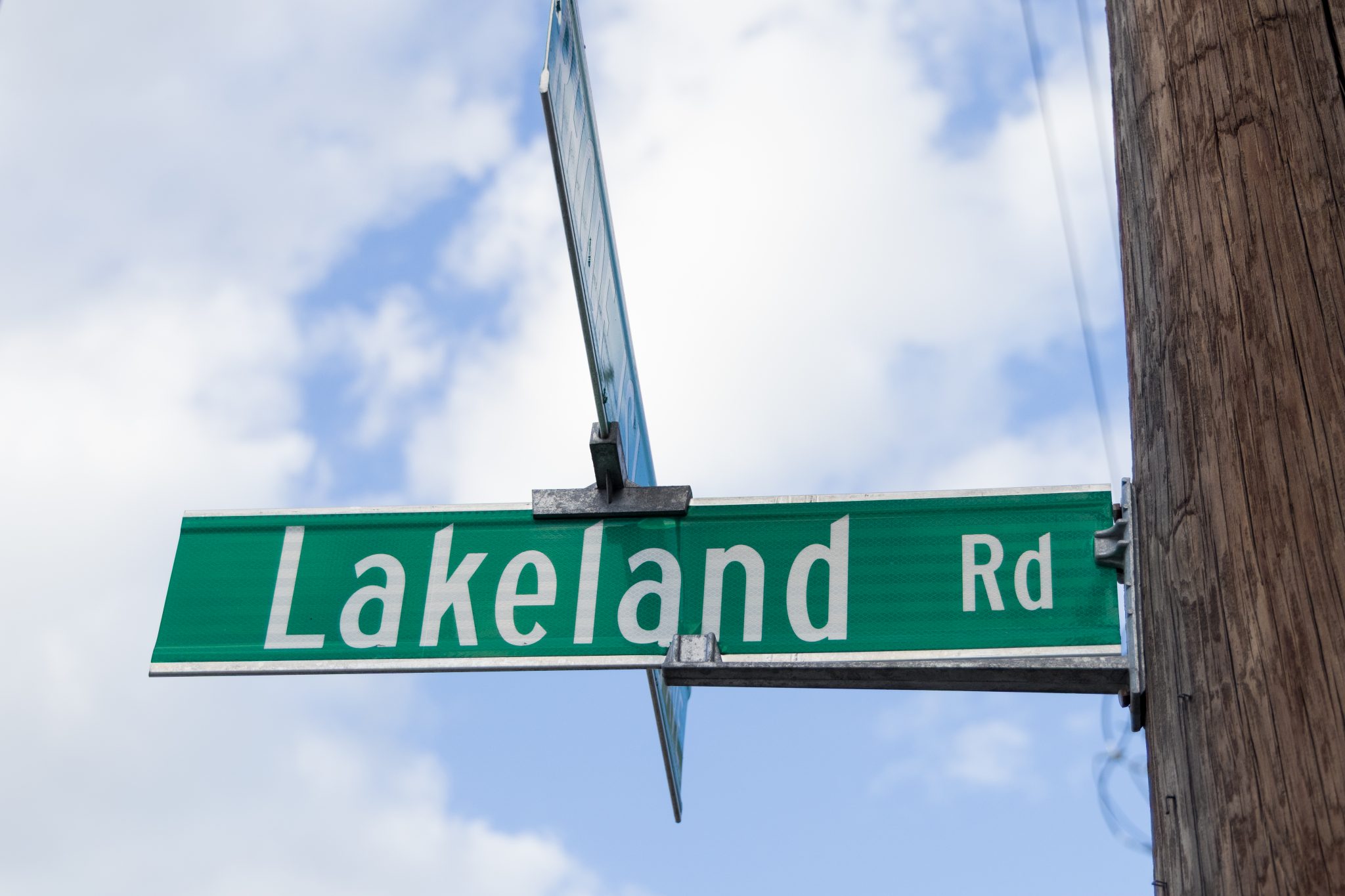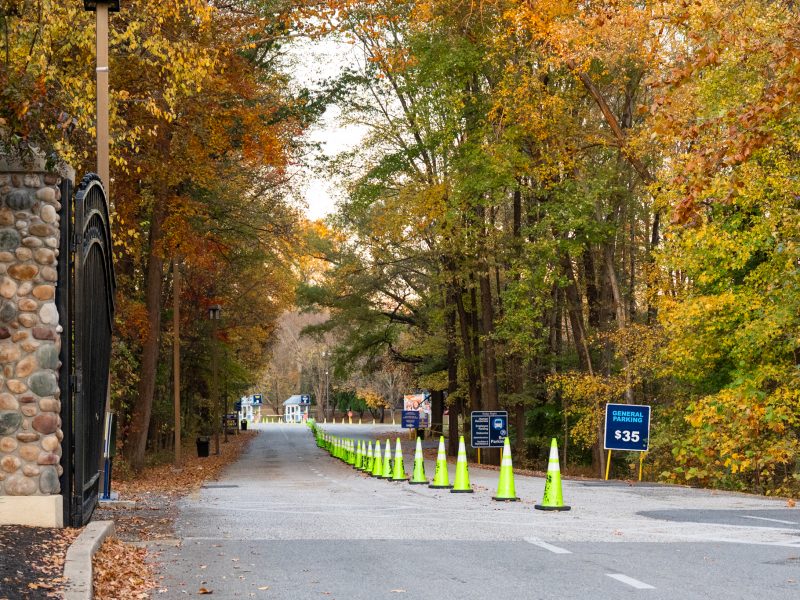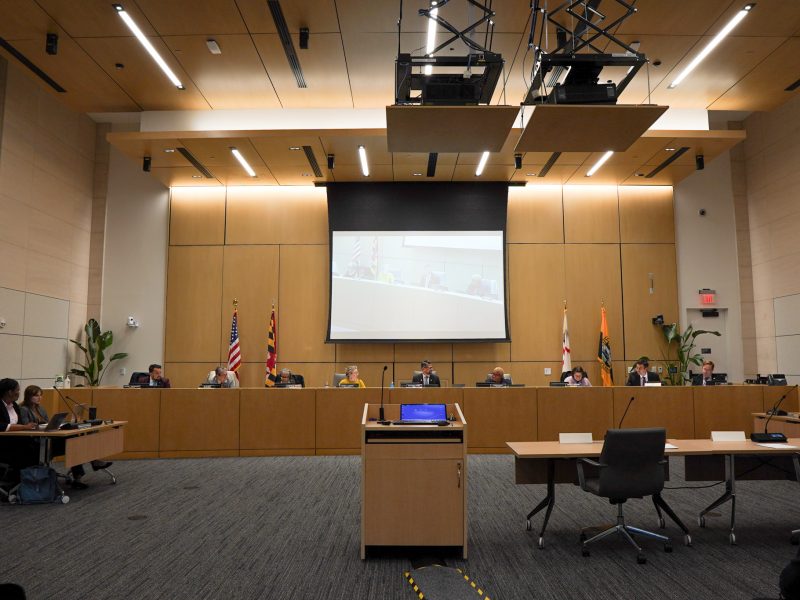Decades after urban renewal efforts devastated the Lakeland community in College Park, the city’s Restorative Justice Commission is recommending new ways for local government agencies to make amends.
Lakeland, located just east of the University of Maryland campus, was a thriving Black community founded in the 1890s. But between the 1960s and 1980s, a series of urban renewal efforts demolished the majority of homes in the neighborhood and displaced two-thirds of Lakeland residents.
“We’re trying to get wheels moving as fast as we can,” commission chair Maxine Gross said. “A lot of our members are aging, and that’s a really important piece, so we’re losing history left, right and center.”
Gross and other commission members presented a plan to the College Park City Council on Tuesday. The commission was created in 2022 to promote reconciliation and restoration for Lakeland and has given annual updates to the council since.
The report is based on the five essential elements for reparations outlined by the United Nations: restitution, compensation, rehabilitation, satisfaction and guarantees of non-repetition.
Proposals under each element include:
- Restitution: Creating a “Lakeland Legacy Member” designation for displaced residents and their descendants, who would be the primary beneficiaries of reparative justice initiatives.
- Compensation: Directly paying displaced Lakeland households the equivalent of $1,000 in 1975 dollars, including interest.
- Rehabilitation: Establishing and continuing community-based supplemental education programs within the Lakeland community.
- Satisfaction: Publicly acknowledging the past harm by installing a memorial at Pierce Avenue and displaying the city’s 2020 resolution that acknowledges its role in systematic racism at City Hall.
- Guarantees of non-repetition: Legally protecting historic Lakeland landmarks, including Lakeland High School, First Baptist Church and Embry AME Church.
Other recommendations included improving public transportation in the Lakeland neighborhood, establishing a scholars program with free tuition to Lakeland legacy members and helping displaced families return as home and business owners.
[College Park advances plan for park to support nature, wildlife]
As for funding the recommendations, the commission suggests the city look to tax revenue collected from Lakeland. The city currently collects about $137,000 annually from the area, which is expected to grow to nearly $580,000 by 2027. The increase is primarily because of Rambler College Park, the housing development being constructed in the area along Route 1 where Campus Village Shoppes used to be, according to the report.
At Tuesday’s meeting, council member Llatetra Brown Esters, who represents Lakeland in District 2, recognized that the work to preserve Lakeland’s history and advocate for justice goes back years.
In 2007, Gross helped form the Lakeland Community Heritage Project, which has since digitized archives, organized community events and published a book on Lakeland history.
“When you talk to people who experienced Lakeland before urban renewal, they speak of a vibrant community, a place with caring people who worked together to meet everyone’s needs, a place where facilities, institutions and services needed for everyday life were right at hand,” Gross said.
[College Park City Council hopes new tax credit incentivizes affordable housing, entertainment]
District 3 council member John Rigg said he wants action quickly, but that the plan’s scale could make it difficult to prioritize action.
He called the recommendations “extremely labor-intensive,” and questioned whether full implementation would require more resources than the city can realistically commit. He suggested identifying “quick wins” as immediate priorities.
College Park Mayor Fazlul Kabir said the next steps are collaboration between the commission and city staff to determine a plan for council action.
“This work cannot stop,” Kabir said. “It needs to go into the finish line.”
Council member Susan Whitney, who also represents Lakeland in District 2, said the commission’s presentation pulls together years of work into a clearer path forward.
Whitney said the years of urban renewal don’t seem that long ago, and seeking restorative justice is still important decades later.
“The impacts of this are still affecting the families that this happened to,” she said. “When you lose generational wealth, that is real and that is now.”



